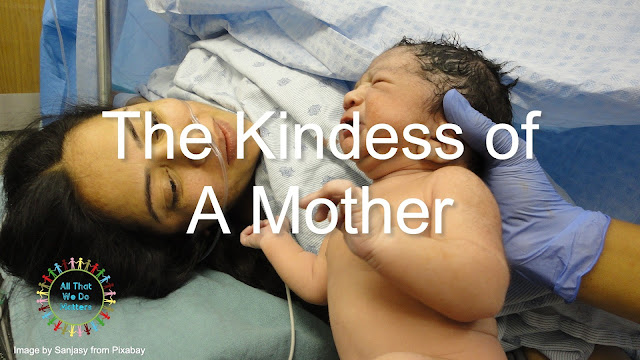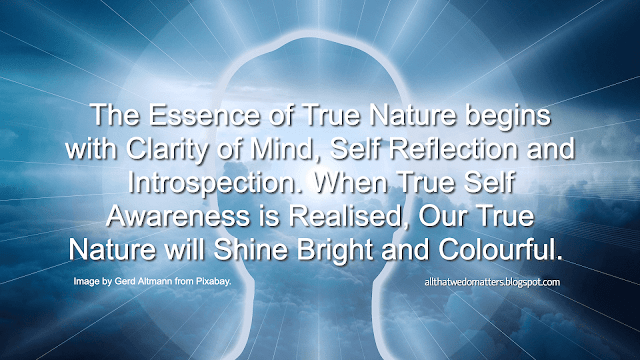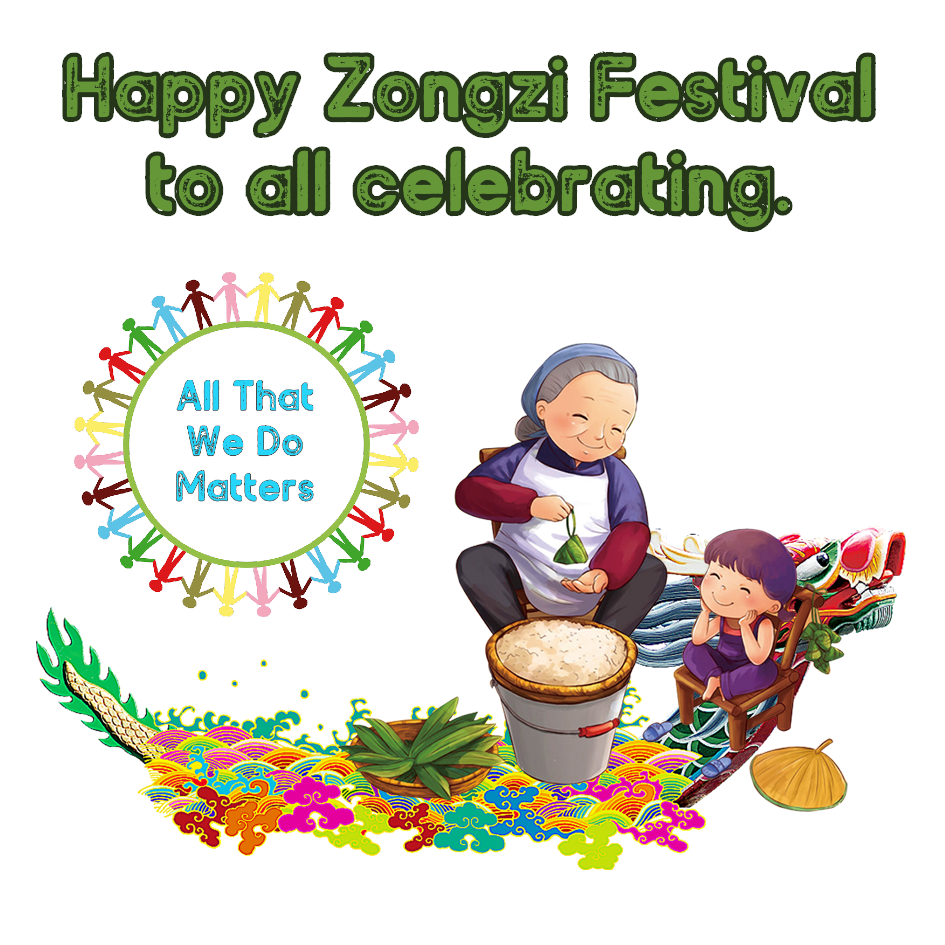The Kindness Of A Mother

According to the Filial Piety Sutra, there are ten types of kindness bestowed by a mother to her child: 1. The kindness of providing protection and care while the child is in the womb. While the foetus is growing in the womb, the mother nourishes the baby with her own body, and carry the burden of a heavy tummy, bearing the backache and pain that comes with it. The mother withstands the morning sickness, sluggishness and drowsiness from the body hormone changes without complaint and talks to her baby with love. 2. The kindness of bearing suffering during birth. The pregnancy lasts for then months and the mother withstands the morning sickness, sluggishness and drowsiness from the body hormone changes without complaint. She looks toward the day of holding her baby in her arms. During birth, she experiences fear and anxiety (especially in the olden days when medical care was limited) and the pain of giving birth when the head of the baby appears. There is always danger during giving...

